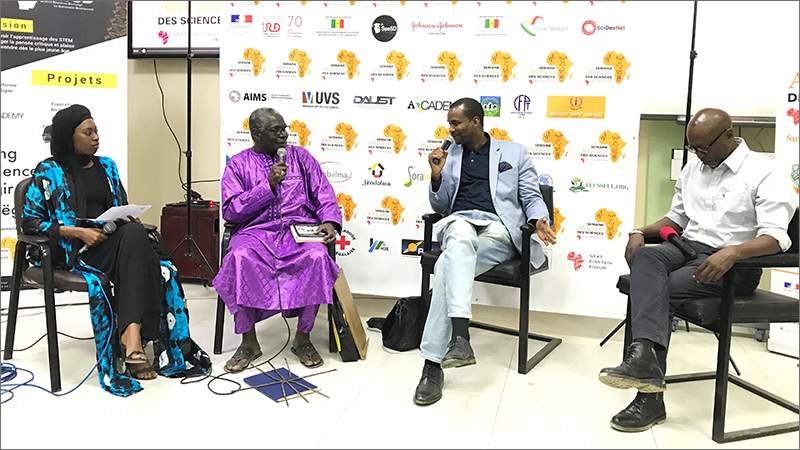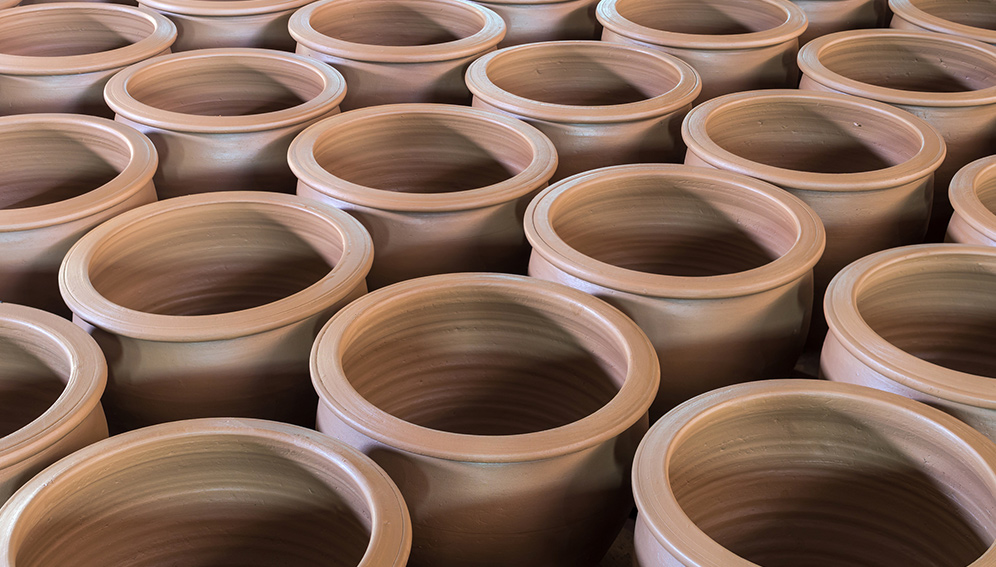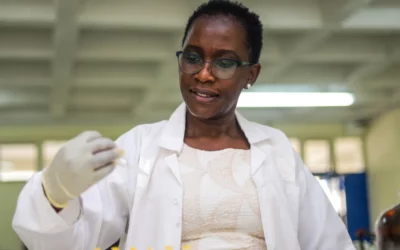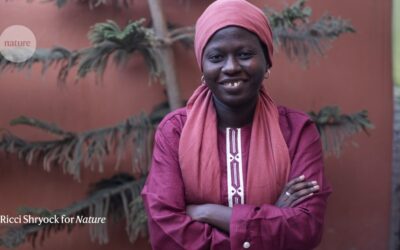By Bilal Taïrou for Scidev.net
At a conference held last month in Dakar at the initiative of the Next Einstein Forum (NEF) experts called on Africans to build on traditional culture and values to promote science and ensure endogenous development.
The conference was part of a series of environmental activities supported by the Science Education Exchange for Sustainable Development (SeeSD) to engage youth in science, technology, engineering and mathematics (STEM)., and to demonstrate their importance for development.
Christian Thiam, professor and researcher at the Virtual University of Senegal (UVS) and head of the institution’s digital cell, said: “we will have done bad science if we do not base ourselves on culture, because science must be at the service of the individual and his culture”.
“We are in a civilization that has always idolized the hunter, the gatherer and the fisherman, while there is nowhere in the world a civilization that has developed and become dominant on the basis of hunting, fishing and gathering.”
Oumar Dioume, scientific advisor at the École supérieure de technologie de Dakar
« Our scientific research and discoveries must be influenced by the culture in which we live,” he said in an interview with SciDev.Net, arguing that this is why it is important for Africa to fund its own research itself..
Oumar Dioume, PhD in Mathematical Economics and Econometrics and Scientific Advisor at the École supérieure de technologie de Dakar (ESTD), argues that “Africa can build on its culture to develop.”
It is enough, for example, to use any object inherited from our ancestral culture to illustrate new scientific concepts,” he notes.
The expert takes the example of the game of awale, an abstract combinatorial society game created in Africa which, according to him, is the most complex combinatorial game, before the game of chess and the game of Go, and yet the best players, Africans, are illiterate.
Oumar Dioume also stresses the importance of what he calls lost sciences – a set of acquired and applied technologies, whose physical and mathematical theories have been forgotten in the development and well-being of societies.
The perfect illustration, he continues, is the invention of Nigerian professor Mohammed Bah Abba, who, by providing an innovative food cooling system to the poorest Nigerian populations, was awarded the Rolex Entrepreneurship Prize in 2000 (an award that recognizes people with an entrepreneurial spirit who have innovated by creating solutions to major challenges in society).

Panelists’ views at the Dakar conference on the inclusion of culture and traditional values in the promotion of science and development. – Photo credit: Bilal Taïrou/SDN.
Oumar Dioume nevertheless wishes to point out that there are two types of culture: alibi culture, which is purely entertainment and springboard culture, which, for example, produces objects that can be used for science, such as geometric figures made by craftsmen, which make it possible to visualize certain concepts and, in turn, give workers work».
It is fundamental to change our vision of the trades and rehabilitate them,” he insists. To illustrate his remarks, Oumar Dioume refers to Switzerland, two of the main foundations of which were watchmaking and jewellery.
“We are in a civilization that has always idolized the hunter, the gatherer and the fisherman, while there is nowhere in the world a civilization that has developed and become dominant on the basis of hunting, fishing and gathering.”, he points out, before advising Africa to follow its model for the rehabilitation of trades on that of certain foreign civilizations where trades have been valued to the point that trade names have become surnames.
Cultural identity
However, according to Christian Thiam, in order to guarantee a development based on scientific evidence rooted in culture, it is necessary that serious work be done by sociological researchers, to enable Africa to discover its cultural identity.
From there, we can create a development model that normally has to come from who we are and what we want,” he told SciDev.Net. In the same vein, Professor Oumar Dioume speaks of historical consciousness, which characterizes peoples and distinguishes them, according to Cheikh Anta Diop, from populations that are only aggregates of individuals without ties.
He believes that “to be able to use the springboard culture, one must have a historical awareness.”
Development model
The sociologist Absa Gassama, head of the Division of Research, Exploitation and Innovation at the Virtual University of Senegal, believes that there are clear basic principles, if we want to use culture as a springboard for development.
According to the sociologist, “the development of human capital is a postulate, to develop on the basis of culture” and with particular emphasis on the crucial role of families in the basic education given to children.
In the same vein, the researcher believes that there are already models of organization of society and development based on culture and having proved their worth, alluding to the mode of operation of the Muslim brotherhood of mourides, in Senegal.





